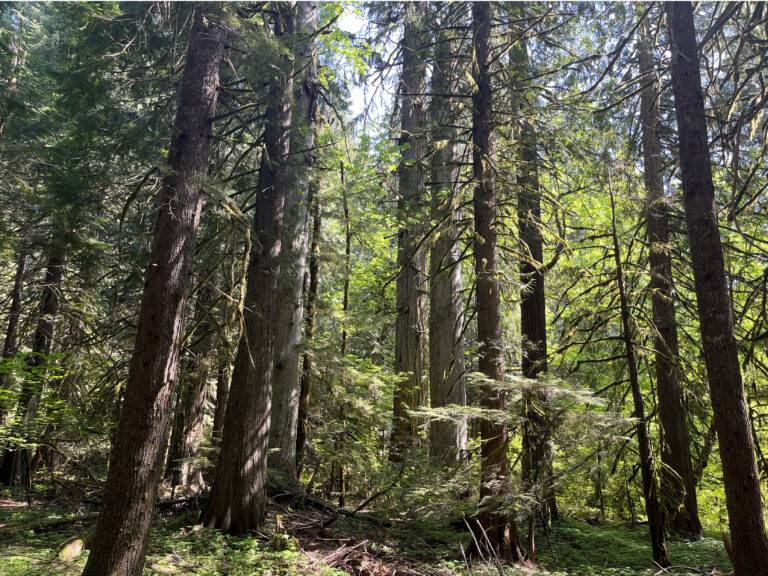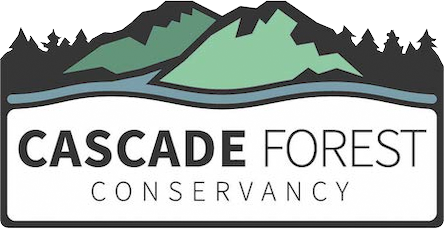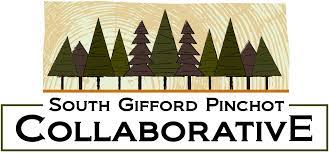Forests
PROTECTING FORESTS IS at THE HEART OF OUR WORK
We work with partners and communities to maintain and strengthen existing environmental protections and oppose harmful federal legislation.
We conserve mature forests and the healthy aquatic habitats within them by monitoring timber sale proposals, participating in forest collaborative groups, and working with local stakeholders to advance sustainable, science-based forest management strategies.
We bring people together to better understand and speak for the forests.
We know these forests and the threats they face
Cascade Forest Conservancy has been defending, restoring, and advocating for the forests of the southern Washington Cascades for more than 35 years. We know and care for this landscape and utilize the latest science in our work to protect and restore it.
CFC works to influence, improve, and sometimes stop proposed timber sales and other projects that would negatively impact species and habitats in our region.
We are working to ensure that the current and future management of our forest is informed by climate science, both to slow ongoing climate change and to build resilient ecosystems.
With the help of supporters, volunteers, and partner scientists, CFC works to better understand and restore our forests while continuing to protect them.
Our approach to sustainable forest management
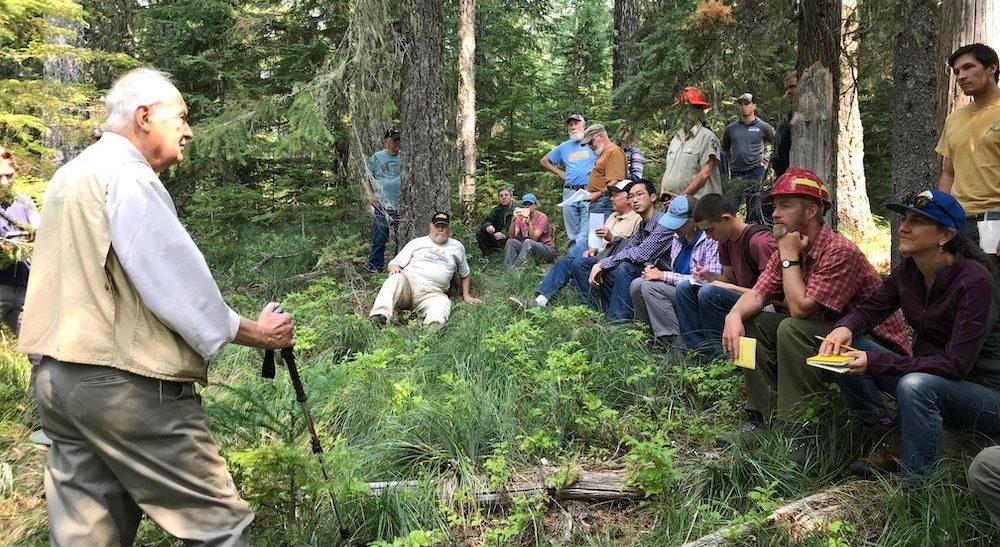
A collaborative approach to sustainable forest management
We believe in sustainable forest management that supports thriving, diverse forests and healthy human communities.
Cascade Forest Conservancy is a founding member of both the Pinchot Partners and the South Gifford Pinchot Collaborative. These groups are made up of various stakeholders, including environmental organizations, timber companies, outdoor recreation groups, and community leaders.
Both collaboratives meet with the U.S. Forest Service regularly to discuss proposed projects like timber sales. Pinchot Partners focus on projects in the Cowlitz Valley Ranger District, while the South Gifford Pinchot Collaborative’s focus is the Mount Adams Ranger District.
By working within the collaboratives, we voice concerns and identify solutions early in the planning stages of forestry projects, which saves time, energy, and resources and allows us to help shape the projects that are later released to the public.
Advocating for management strategies informed by climate change
Local and global concerns related to climate change are a growing focus of sustainable forest management strategies. Healthy and biodiverse forest systems capture and sequester significant amounts of carbon. We study the effects of proposed timber sales and other actions using the latest climate science and raise the alarm when actions threaten to accelerate the ongoing global crisis.
At the local level, CFC has been studying and analyzing the effects of climate change here in southwest Washington. In 2017, we published the Wildlife and Climate Resilience Guidebook outlining strategies and priorities for fostering climate resilience in the southern Washington Cascades. Ancient forests, riparian corridors, and connectivity among critical habitats will all become increasingly important to many forest species in the years to come. We work to ensure that timber sales are in alignment with climate resilience priorities for the region.
Featured forest projects
Yellowjacket Timber Sale
Improving forest management on state and private lands
Monitoring huckleberry production in the Gifford Pinchot National Forest
SPEAK UP FOR A SUSTAINABLE FUTURE
Since 1985, Cascade Forest Conservancy has been your voice speaking for the areas in and around the Gifford Pinchot National Forest in southwest Washington. Join the 12,000 other members who support Cascade Forest Conservancy and are making a difference now.
News & Updates
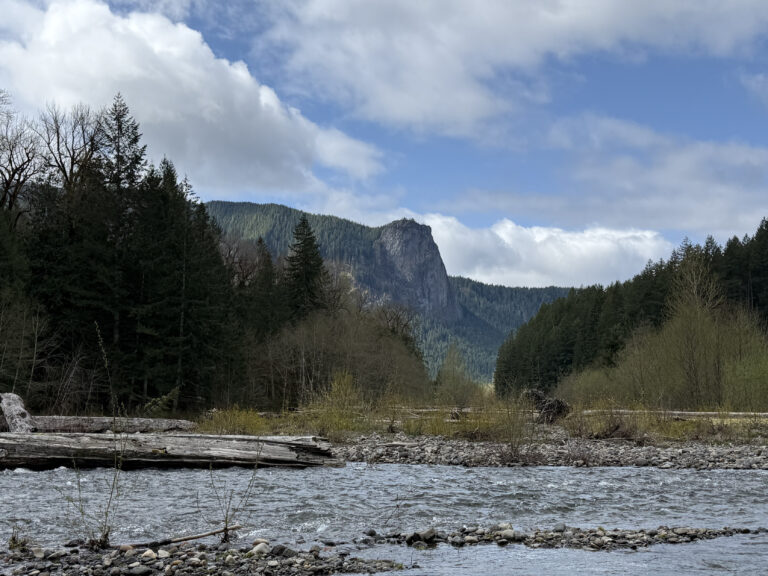
ACTION ALERT: Millions of acres of public land could become eligible for sale. Take action to protect them now!
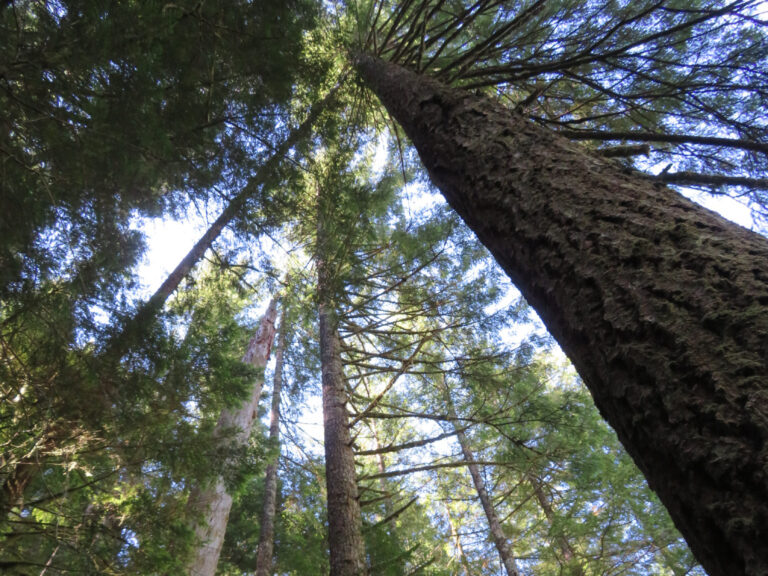
ACTION ALERT: TELL CONGRESS DEREGULATION AND UNRESTRICTED LOGGING ARE THE WRONG TOOLS TO REDUCE WILDFIRE RISK
